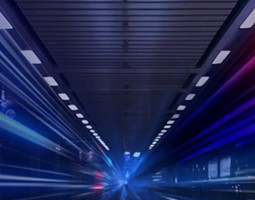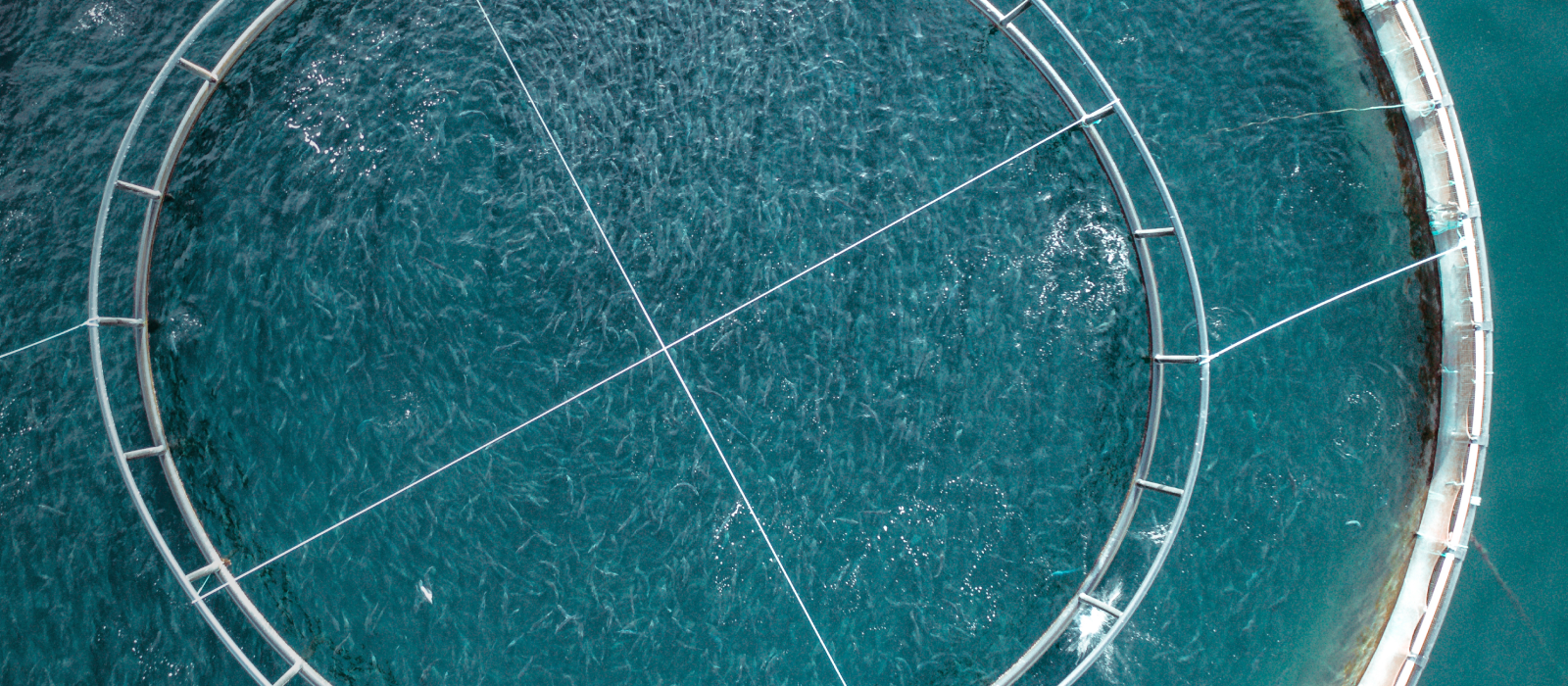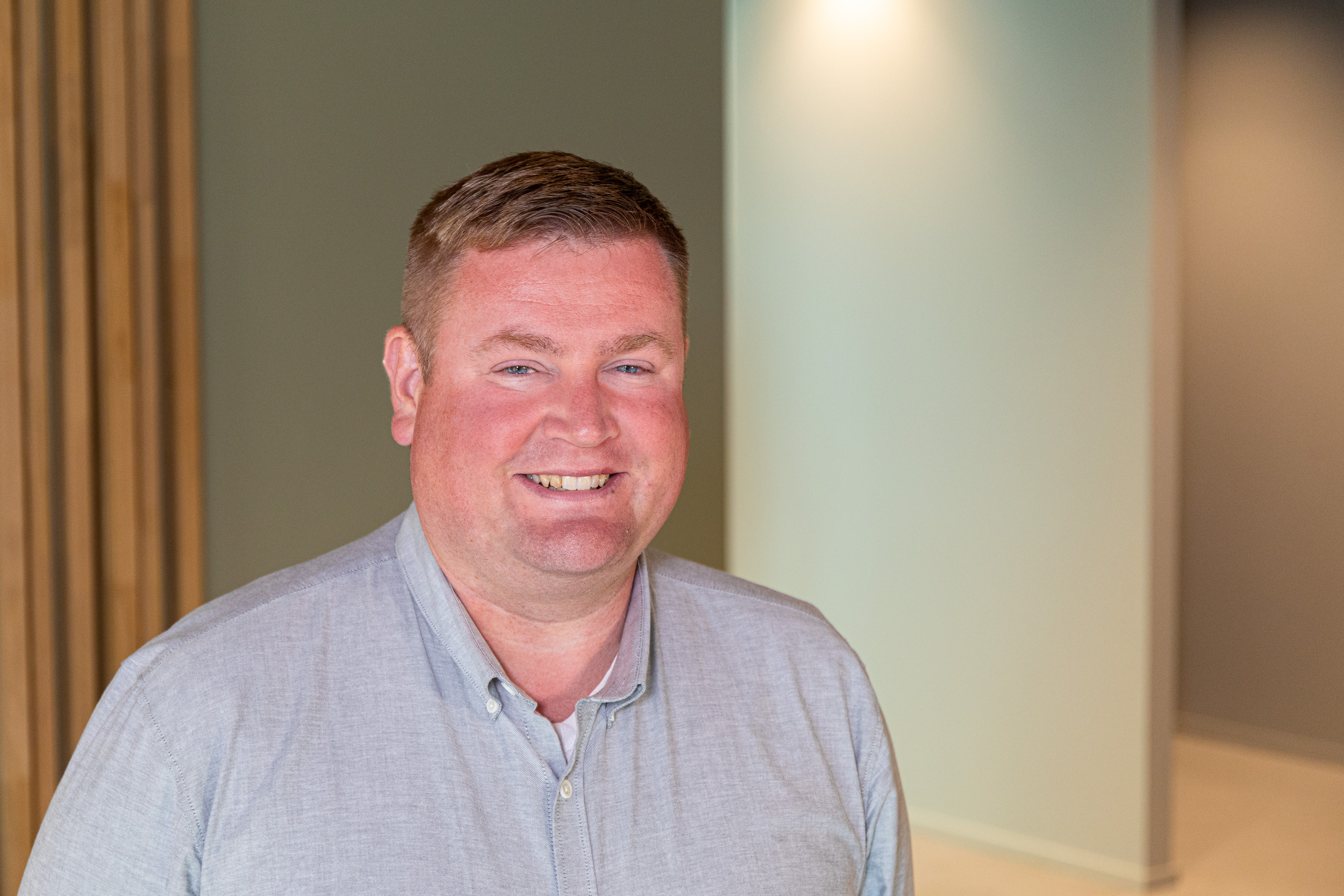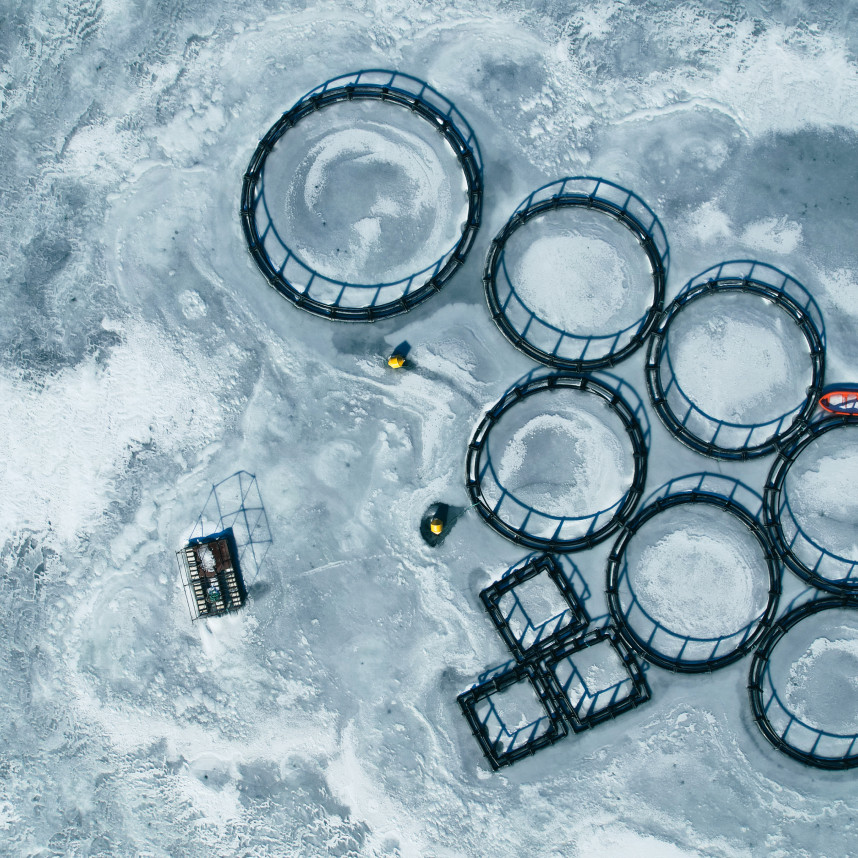Thanks to innovative technology, fish farmers can leverage Tidal's solutions in four key areas to achieve significant improvements. These areas include more accurate biomass estimation, optimized feeding, estimation of salmon lice levels on fish, and monitoring general fish health.
The time for market implementation is now
The revolutionary technology combines cameras, sensors, artificial intelligence, and machine learning to collect and analyze vast amounts of data. This data empowers farmers to make better and faster decisions across various farming aspects. By building a resilient digital ecosystem it was possible to move from manual monitoring and siloed solutions to holistic value chain management. This led to an improved decision-making process for fish farmers which in turn meant enhanced sustainability and financial benefits.
The solutions have been technologically and commercially validated after four years of work with the world’s largest fish farming company to make sure the system delivered results. The system is now ready to be commercialized and Tidal and Cognizant can lay the foundations for their customers quickly by offering both the technology and a platform strategy that seamlessly integrates with existing systems and camera technology. This means that possibilities can become reality within 48 hours.
The technology brings clarity to the untapped knowledge within the fish pen. It allows for integration of all aspects of the pen – from inputs to outputs and everything in between. Stig-Martin Fiskå, Head of Cognizant Ocean, emphasizes that several suppliers have attempted to solve challenges in the four key areas addressed by Tidal's technology for years. However, Tidal’s success in this test project makes a significant difference to fish farmers. “What the industry has dreamed of for a long time is now a reality,” Fiskå comments.
The solution is comprised of a perception system equipped with cameras and environmental sensors that continuously and autonomously capture fish activity. Also, it includes a control unit for power and communication and a navigation unit to control the camera's movement within the pen. During years of development, the models were trained using over 900 terabytes of video capture. This extensive data made it possible to build accurate models that enhance core solutions.
The technology enables various advancements, such as:
1. Fish growth: Monitoring fish biomass makes it possible to make informed sustainable decisions on how to feed, what to sell and when to harvest based on reliable insights. Tidal’s biomass detection provides a 98% accurate estimation of average daily weight with no manual effort needed.
2. Fish insights: Our solution helps farmers automate feeding based on key behavioral features, some of which happen in milliseconds. Farmers significantly save costs by reducing food waste—improving fish growth metrics, ensuring proper food amounts, and reducing the impact of feed on the seabed.
3. Fish health: Detecting sea lice on the fish at an early stage and in real-time enhances fish welfare, quality, and yield. Tidal's solution effectively identifies various forms of sea lice, including mobile lice, adult females, and adult females with egg strings. The system also allows for trend analysis. Notably, Tidal is among the few companies authorized by The Norwegian Food Safety Authority, Mattilsynet, to report on lice levels.
4. Environmental sensors: Monitoring water quality—such as dissolved oxygen and temperature—helps farmers identify correlations between fish health and the surrounding environment..
Cognizant plays a vital role in integrating and implementing this innovative technology. We aim to add an extra layer of intelligence, improving decision-making and sustainability. The goal is to reduce costs, increase efficiency, and integrate the technology seamlessly into the full value chain.
Stig Martin Fiskå explains: “We will deploy the solution, assist customers with setup and integrations, and handle everything related to the solution, including networks and support for the entire fish farming value chain.”
He emphasizes that integrating the entire value chain may take longer than 48 hours, it is a process of integration rather than magic. Craig Churchill, Chief Business Officer at Tidal recognizes the aquaculture industry's bottom-line focus and its constant search for novel solutions to reduce costs per kilo and maintain optimal conditions for fish. He concludes, “The fish farmers are savvy businesspeople, and what we offer is a savvy business proposal.”
Going beyond the fish pen, addressing complex challenges in sustainable aquaculture requires a different approach. It makes it necessary to considering all the stakeholders involved, including animals, humans, and nature. The collaboration takes a holistic view of the industry, employing a system thinking mindset. While the fish pen is one part of the aquaculture value chain, the collaboration also considers governments, feed production factories, hatcheries, processing centers, retailers, and the impact of these activities on natural ecosystems.
Fiskå explains, “By understanding the roles and interactions between different stakeholders, we can identify opportunities for intervention that span and connect across the entire value chain – from feed production to salmon retailing, and from water ecosystems to communities. We explore how technology can leverage positive impact for nature, businesses, and people."














